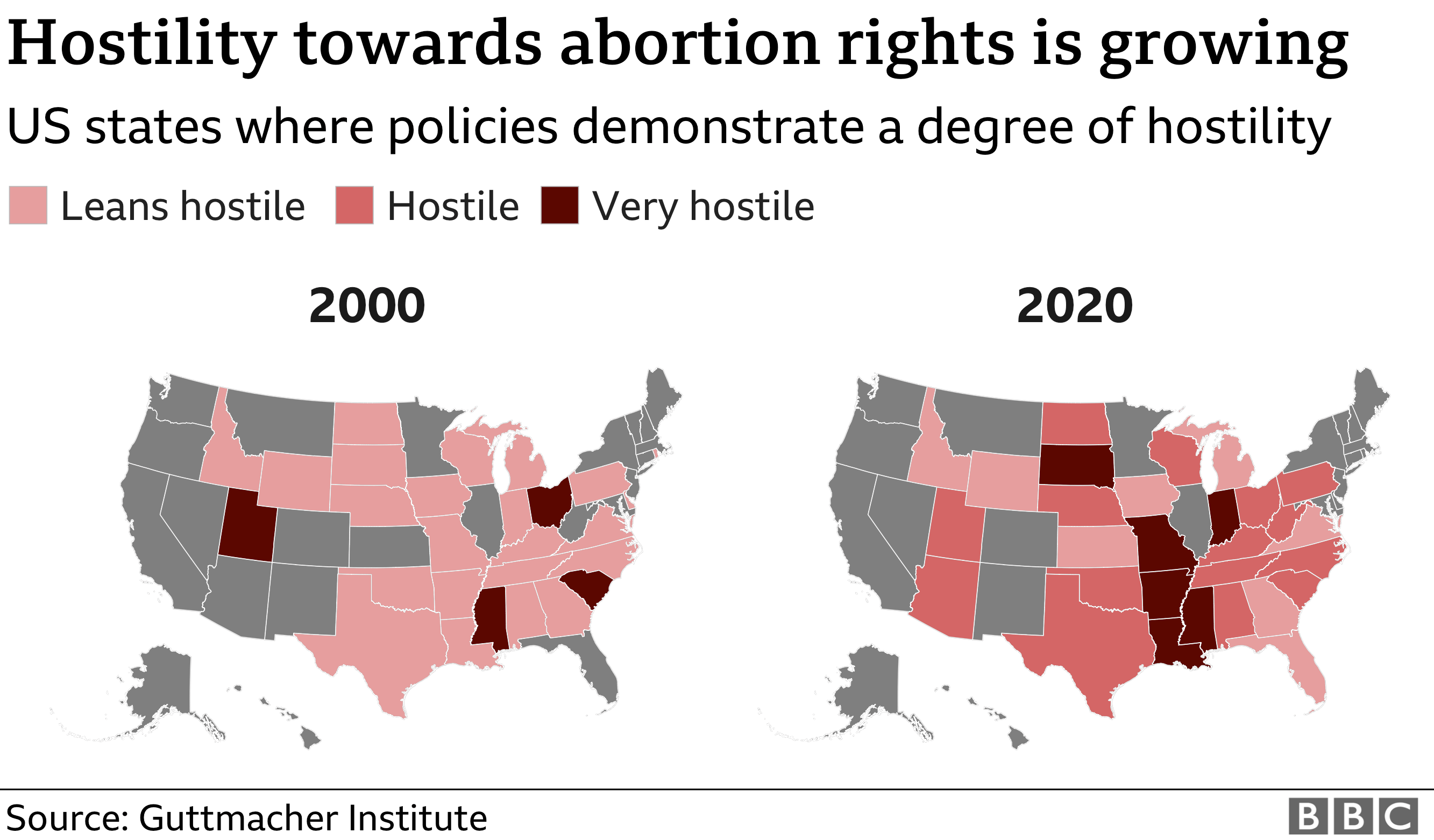Map of Abortion Laws by State

Overview of Abortion Laws by State
States with Restrictive Laws
Some states, such as Texas, have passed laws that place significant restrictions on abortion providers. These laws may require abortion providers to have admitting privileges at local hospitals, mandate that abortion facilities meet the same standards as ambulatory surgical centers, or require women seeking abortions to undergo a mandatory waiting period or ultrasound.
States with Permissive Laws
Other states, such as California, have more permissive abortion laws. These states may allow non-physicians, such as nurse practitioners or midwives, to perform abortions, or may not require women to undergo a mandatory waiting period or ultrasound before obtaining an abortion.
States with Pending Legislation
Several states currently have pending legislation that could significantly impact access to abortion services. For example, some states are considering laws that would ban abortions after a certain point in pregnancy, while others are considering laws that would ban abortions based on the sex or genetic characteristics of the fetus.
Pros and Cons of Abortion Laws
Pros
- Abortion laws can help ensure the safety and well-being of women seeking abortions.
- Restrictive abortion laws may help reduce the number of abortions performed in a given state.
Cons
- Restrictive abortion laws can limit a woman's ability to access safe and legal abortion services.
- Permissive abortion laws may be seen as promoting a culture of abortion and may lead to an increase in the number of abortions performed in a given state.
FAQ
Q: What is the current status of abortion laws in the United States?
A: Abortion laws in the United States vary from state to state. Some states have more restrictive laws, while others have more permissive laws. Several states currently have pending legislation that could significantly impact access to abortion services.
Q: How do abortion laws affect women seeking abortions?
A: Abortion laws can affect a woman's ability to access abortion services and can also have an impact on the overall availability of abortion services in a given state.
Q: What are the pros and cons of restrictive abortion laws?
A: Restrictive abortion laws may help ensure the safety and well-being of women seeking abortions, but they can also limit a woman's ability to access safe and legal abortion services.
Q: What are the pros and cons of permissive abortion laws?
A: Permissive abortion laws may promote a culture of abortion and lead to an increase in the number of abortions performed in a given state, but they can also help ensure that women have access to safe and legal abortion services.
Conclusion
Abortion laws in the United States are complex and vary from state to state. These laws can have a significant impact on a woman's ability to access safe and legal abortion services. It is important for individuals to stay informed about the current status of abortion laws in their state and to advocate for policies that support women's reproductive rights.
